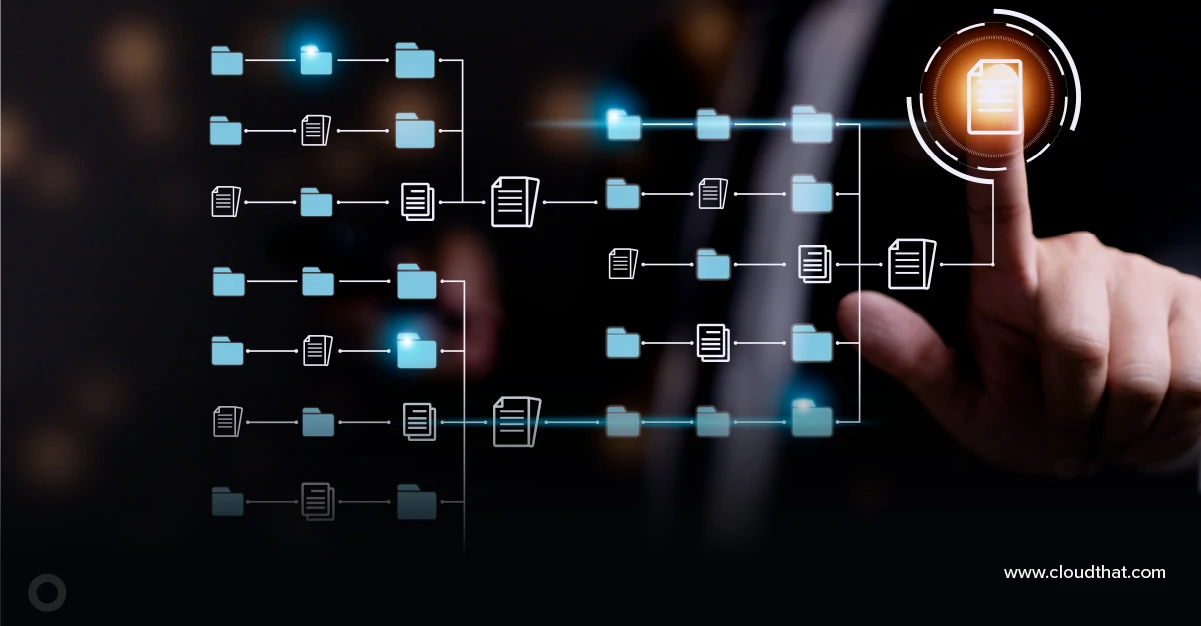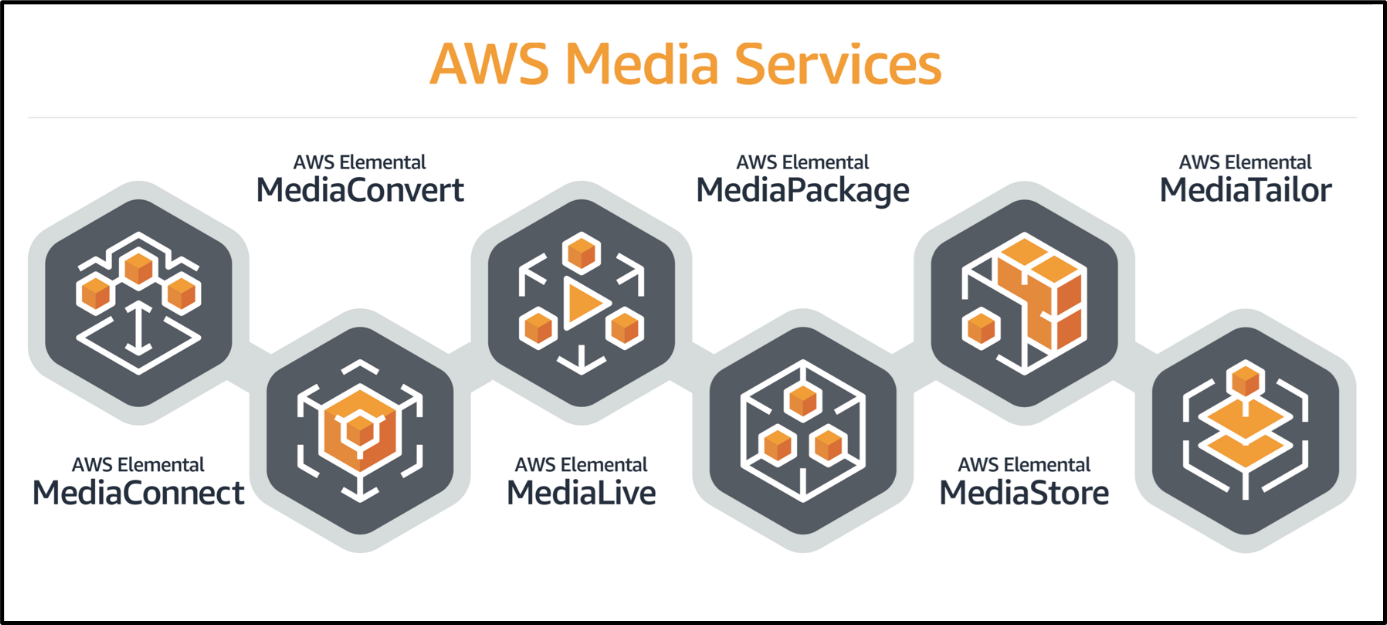|
Voiced by Amazon Polly |
Introduction
As many business organizations move to the cloud, cybersecurity and cloud security are used interchangeably. According to the World Economic Forum Future of Jobs Survey, cloud computing is the top-notch technology companies are likely to adopt by 2025. This development means more job opportunities for those with the right combination of cloud and cybersecurity skills.
Suppose you’re feeling keenly interested in gearing up your career in the information security industry. Earning a cloud security certification can help you learn critical skills and validate those skills to recruiters and hiring managers. In this blog, you’ll learn about Azure cloud security certifications, which companies are hiring for, and tips on choosing the proper certification for you.
A bachelor’s degree is the most common entry-level qualification for computer and IT jobs. Many employers also look for an industry certification to show up with specific technical skills. This expectation is especially true in cybersecurity, where more than 60 percent of all cybersecurity positions request at least one certification.
You’ll find a wide range of certifications out there, and not all are created equal. I went through a few top job listing sites, like LinkedIn, Indeed, etc., to find the certifications that appear most frequently on job listings. Companies are looking to hire candidates with these credentials, which may make them worth considering as part of your career development.
Certification journey to be followed
For Azure Administrators: After Mastering the basics of Microsoft Security (SC-900), You can start with Azure Security Engineer (AZ-500). Afterward, you are free to choose the path that best fits your role or project as a Security operations analyst (SC-200), Identity and access administrator (SC-300), or Information protection administrator (SC-400).
For Microsoft 365 Administrators: After Mastering the basics of Microsoft Security (SC-900) and Microsoft 365 fundamentals (MS-900). You can start with Microsoft 365 security administrator (MS-500). Afterward, you are free to choose the path that best fits your role or project as a Security operations analyst (SC-200), Identity and access administrator (SC-300), and Information protection administrator (SC-400).
For Cybersecurity architects: You can choose the beginning point based on your current role – If you are an Azure administrator (AZ-500) or you are a Microsoft 365 administrator (MS-500), or you are a Security Operations analyst (SC-200), or you are an Identity and access administrator (SC-300). It does not matter where you start; you can complete your journey with the additional Cybersecurity architect (SC-100).
Helping organizations transform their IT infrastructure with top-notch Cloud Computing services
- Cloud Migration
- Devops
- AIML & IoT
Mastering the Azure Security Field
As per the certification journey mentioned in this blog, here is how it opens doors to new career possibilities. You only need to choose the right certification based on the recommended skills, knowledge, and experience for each exam.

Certifications helpful in growing for the role


Advancement with the expertise

Job role in Azure cloud security:
- Azure Security engineer
- Azure Security Architect
- Azure Security Lead
- Senior Azure Security engineer
- SIEM Engineer-Microsoft Sentinel
- Managed Cloud Security Services Security Architect
- Cloud Security Engineer
- Microsoft Azure Active Directory Security Architect
Summarizing
- Earn a bachelor’s degree.
- Develop your cybersecurity skills by learning Debugging, Encryption Algorithms and Techniques, Customer Service, Network Protocols, Cloud Computing, Binary Code, Linux/ Python Programming, Security Information and Event Management (SIEM) tools, Intrusion Detection Systems (IDS), SQL, etc.
Before switching to security, Gaining work experience as an IT support specialist, systems administrator, or cybersecurity analyst can often give you hands-on experience in cloud environments.
- Get certified as an Azure engineer. Consider earning your first certification in Azure Cloud. You’ll find a range of Azure certifications that you can use to build your knowledge, enhance your resume, and possibly qualify for new roles. As you gain experience on the job, look for opportunities to work on your cloud and security skills. Some essential skills for cloud security engineers include:
- Experience with cloud service providers
- Information security
- DevOps
- Programming languages like Python and Ruby
- Network and application security
- Apply for jobs as an Azure security engineer:
- Cybersecurity engineer:$100,211
- Security threat analyst:$91,864
- Security compliance analyst:$77,753
- Cybersecurity architect:$160,039
- Technology risk analyst:$76,380
*Salary data from Glassdoor as of October 2022
Get your new hires billable within 1-60 days. Experience our Capability Development Framework today.
- Cloud Training
- Customized Training
- Experiential Learning
About CloudThat
CloudThat, incepted in 2012, is the first Indian organization to offer Cloud training and consultancy for mid-market and enterprise clients. Our business aims to provide global services on Cloud Engineering, Training, and Expert Line. Our expertise in all major cloud platforms, including Microsoft Azure, Amazon Web Services (AWS), VMware, and Google Cloud Platform (GCP), positions us as pioneers. You can explore our Microsoft Cloud Security Certification Courses and always Move Up in the career space by constant upskilling.
FAQs
1. Can I get into cloud security with no experience?
ANS: – Yes. If you are a fresher, you only need a cloud certification to land a cloud computing job.
2. Does programming is necessary for cloud Security?
ANS: – Most entry-level cloud security jobs do not require any programming experience.
3. What is the difference between cybersecurity and computer science?
ANS: – Computer science is the study of computers and programming languages. Cybersecurity is a subset of computer science that focuses on computer and network vulnerabilities and how to defend them from digital attacks.

- Azure Administrators
- Azure Security Architect
- Azure Security Engineer
- Azure Security Lead
- Best Certification for Cloud Security
- Cybersecurity architect
- Cybersecurity Engineer
- Microsoft 365 Administrators
- Remove term: SIEM Engineer-Microsoft Sentinel
- Security compliance analyst
- Security threat analyst
- Technology risk analyst

WRITTEN BY Gurjot Brar


 Login
Login


 June 15, 2023
June 15, 2023 PREV
PREV


































































































































































































































































































































































































































































































































































































































































































































































































































































































































































































































































































































































































































































































































































































































































































































































































































































































































































Guruprasad
Jun 18, 2023
Very nice information Gurjot!!! Keep sharing !!!
Guruprasad
Jun 18, 2023
Very nice informative Gurjot!!! Keep sharing !!!